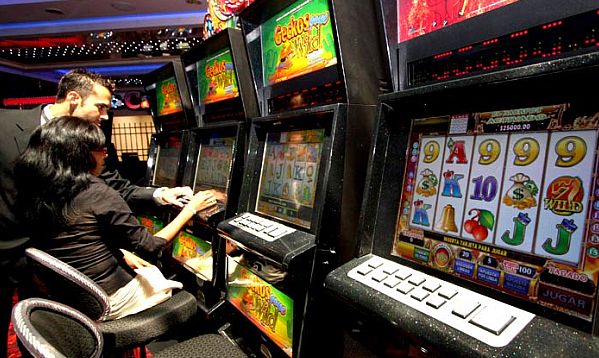Mexico City, Mexico - Mexico’s decision to outlaw slot machines could deal a hefty blow to the country’s gambling industry, considering the devices typically account for around three-quarters of gambling revenues in destination-resort, and generate at least twice as much as all other casino games put together.
Not surprisingly, however, slots machines are also the most addictive form of gambling, with a study by Brown University psychiatrist, Robert Breen, showing that people who regularly played them became addicted up to four times faster than those individuals who played cards or sports bet.
Even now, country’s such as Australia have found themselves in the grip of a "pokies" (Australian term for slots) epidemic, with citizens typically losing $19 billion each year - $12 billion of which is spent on slot machines throughout the county.
In Mexico, equally, slot machines are known as "tragamonedas," or "coin swallowers," which concisely highlights their voracious nature. As a result, concerned officials have cracked down heavily on slot machines, seeing the move as a step towards alleviating some of the country’s social problems.
Simultaneously, the Mexican government has also taken steps to tackle the problem of illegal casino operations inside the country, which have also become a rampant problem in recent years. Consequently, Mexico has issued a decree reducing casino permits from 40 years to twenty-five years, as well as limiting the holders ability to rent out operations to other operators.
Special commission president Ricardo Mejia Berdeja explained, recently: "It is necessary that the casino industry is transparent and regulated under clear rules and incorruptible, and to opt for a healthy industry that allows this contribution to the economy of the country within the framework established in the act."
Together, the new rules have been designed to help create a safer gambling environment for both residents and tourists alike.


